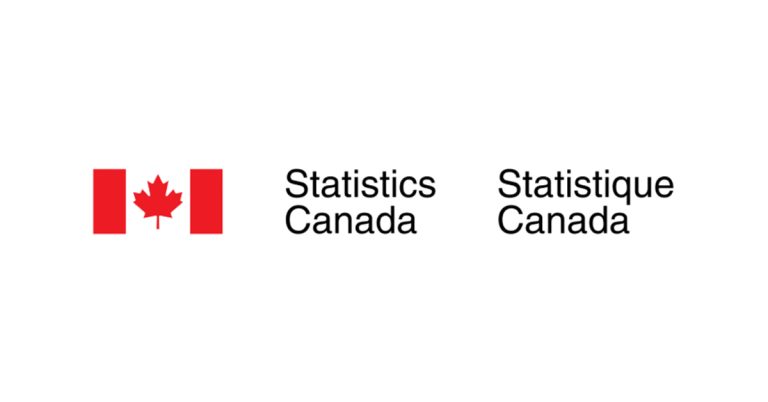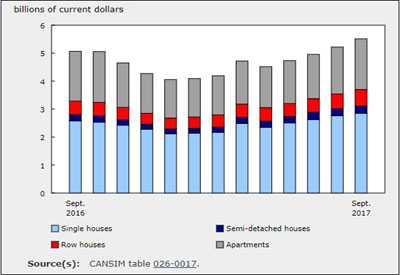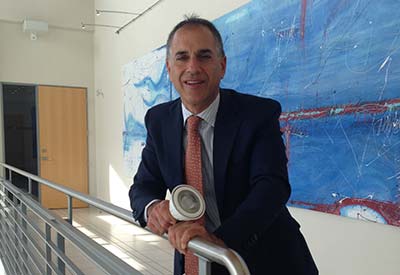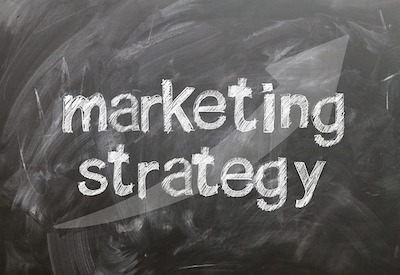What If We Said “Yes, and…”

Karen Jefferson
There is power in words. And we sometimes give very little thought to the words we use. We spend most of our listening time not hearing what is being said, but preparing our response, likely missing the true message. We tend to be uncomfortable with silence. If a listener is taking time to process, the speaker may wonder if they were listening at all. However, if we understand this new paradigm of active listening we can grow accustomed to this space.
After listening and processing. There are two small and powerful words: Yes and No. They have the power to break things or build them. If our goal in life is to build, perhaps we should winnow our vocabulary and separate No from our daily usage. Put it in a safe spot for storage. Use it only for special occasions. Like fine china you want to cherish.
We say “No” a lot. No is a full sentence when someone is asking us to burden ourselves. “No. Thank you” is a statement with two complete sentences that can save us from tasks that we do not really want to perform. It can help us set boundaries and limit the intrusion of others into our lives. What if boundary setting is more about fencing out than fencing in? What if we are setting a safe space to keep people, thoughts, memories, relationships and tasks at bay? What if we say no to avoid the difficulties of change? Change is not easy. Change is uncomfortable. Especially when it is thrust upon us. But what if we choose the discomfort? What then?
In the past few months I have taken three improv comedy classes. One of the it’s-a-rule-even-though-there-are-no-rules-in-improv-rules is always to say “Yes, and…” to help build on the game that is being built in a scene. “My hamster needs mouth to mouth resuscitation!” cries the first player. If the second player says “No, it doesn’t.” the scene is done. Instead, if the second player says “Yes, it needs mouth-to -mouth and chest compressions,” and moves to save said hamster, the first player can say “Yes, and… Quick get the phone charger and stick a paperclip into the cord to simulate an AED!” we now have a game we can build on. We can continue to play. Yay! Playing is fun. Playing is rewarding.
We can turn that same sense of play into a powerful engine for our businesses by saying “Yes, and…” when new ideas are presented. It is so very easy to dismiss a unique approach because change is difficult. It might cause turbulence. It might be disruptive. Hell, it WILL be disruptive. Change is, by its nature, disruptive. And change is what keeps us growing and improving. Change is the only way to innovate.
The next time you hear a new idea, consider saying “Yes, and…” in order to tweak it and create a scene in which you and your company can grow and find new successes. Explore the options. Yes, you will find dead ends. At least you found out they did not lead where you wanted to, only because you explored them. And you may find a useful path (or two or three) that you never knew existed until you said “Yes, and…” These paths lead to more change, disruption and growth. It is a fabulous cycle that in all its discomfort can lead to great things!
So get off script and improvise a little. Play! Comfort is highly overrated. When a new idea is presented… listen. Truly listen. Reflect, process and respond with “Yes, and…” to explore where it can go. Try something that is uncomfortable, yet stimulating. Challenging, engaging and unknown. The power of Yes is phenomenal. Yes helps build things, people, ideas, programs, and businesses.
Karen L. Jefferson CPMR CSP is the Executive Director of MRERF a non-profit that takes your profitability to the next level. Technical product training is your responsibility. Training reps and manufacturers how to be better business partners is her responsibility. Visit www.MRERF.org to learn more.











